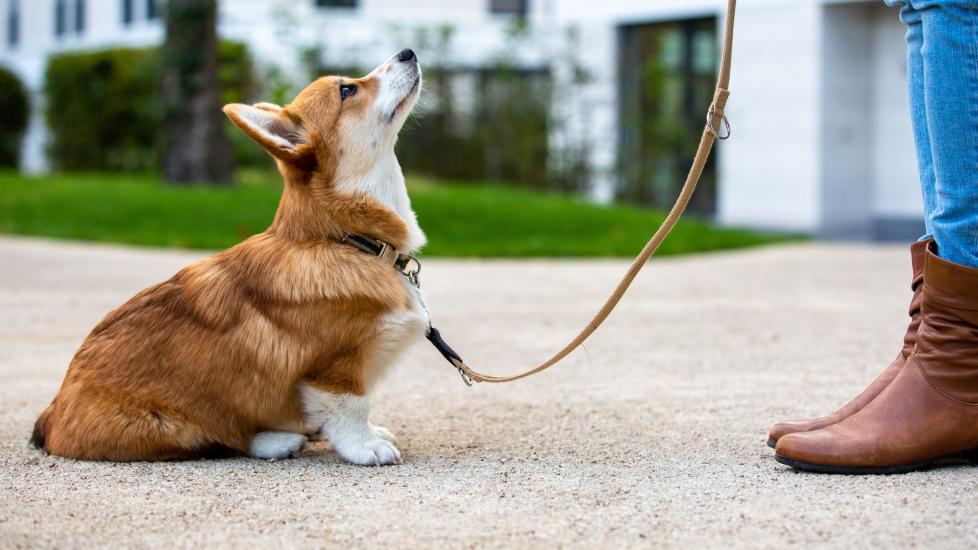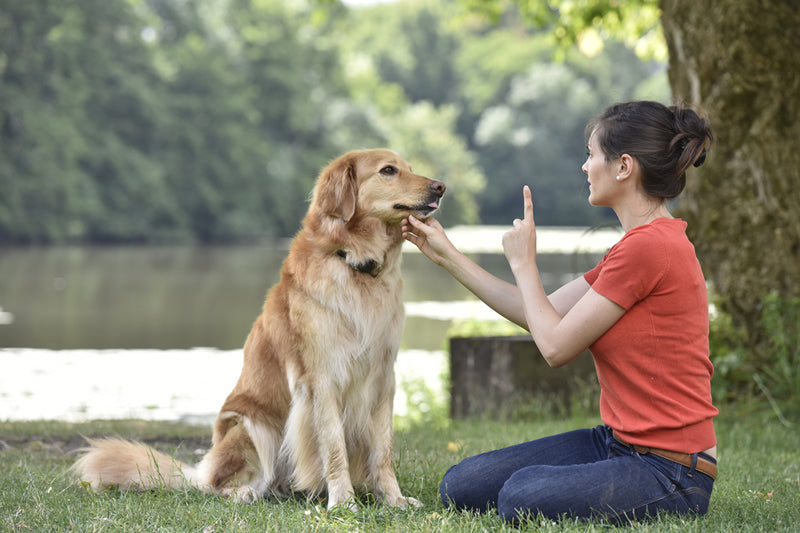
Dog Separation Anxiety Treatment for Peaceful Pets
Share
Many dog owners are familiar with the turbulent emotions their pets can experience, especially when left alone. This distress, typically referred to as dog separation anxiety, is a common issue that can significantly impact a dog's quality of life. As a health-conscious pet owner, understanding the importance of dog separation anxiety treatment is crucial not only for your furry friend's well-being but also to ensure harmony within your household.
Dog separation anxiety treatment involves a combination of behavior modification techniques, environmental changes, and sometimes medical intervention. It's essential to identify the right strategies that speak to your dog's specific needs, ensuring a safe, stress-free environment.

Why Do Dogs Develop Separation Anxiety?
Understanding the root causes of separation anxiety can help tailor effective treatments. Dogs may develop this condition due to a traumatic event in the past, such as being rehomed, losing a family member, or other significant changes in their environment. Recognizing these triggers, Nighttime struggles with anxiety, can provide insights into managing their behavior.
Behavioral Symptoms to Watch
A dog suffering from separation anxiety may exhibit a range of behaviors, including excessive barking, destructive activities, or even attempts to escape from the home. Identifying these symptoms early on is pivotal for effective dog separation anxiety treatment. For more information on barking issues related to anxiety, you can explore here.
Effective Treatments for Separation Anxiety
Behavioral Training
One of the most effective methods for treating dog separation anxiety is through behavioral training. Gradual desensitization to your departures can help your dog build a positive association over time. For additional training techniques, you might want to visit the [Dog Trust's](https://www.dogstrust.org.uk/dog-advice/training/basics/settle-training) advice on training.
Providing a Safe Environment
Creating a comfortable and secure space can reduce anxiety significantly. Whether through crate training or designing a cozy corner with your dog's favorite items, environmental adjustments play a crucial role. You can read more about crate training and its benefits.
Medical Intervention
In some cases, behavioral training and environmental modifications alone may not suffice. Consulting a veterinarian for possible medication or professional therapies can be an additional step towards alleviating severe separation anxiety. However, this should always be a last resort, following extensive exploration of other methods.
Long-term Management Strategies
Consistent Routine
Maintaining a predictable schedule can offer your dog a sense of security. Feeding times, walks, and play sessions should be kept consistent to help your dog understand and anticipate the flow of their day.
Balanced Diet
A well-rounded diet also plays a role in managing stress and anxiety. Make sure to avoid harmful ingredients as explained in our guide on dog nutrition.
Conclusion
Addressing dog separation anxiety treatment requires patience, dedication, and often a creative approach to behavior modification. By understanding the roots of anxiety and implementing a combination of strategies, health-conscious pet owners can significantly improve their dogs mental state and create a more harmonious living environment. For pets and owners alike, overcoming separation anxiety is a journey towards peace and mutual understanding.

FAQ Section
How long does separation anxiety last in dogs?
Separation anxiety can vary greatly among different dogs. With consistent treatment, most dogs can improve significantly within a few weeks to months. Patience and perseverance are key.
Can medication alone solve separation anxiety?
While medication can help in the short term, it is generally not recommended as a standalone treatment. Behavioral therapy and environmental management should always accompany any medicinal approach.
What are some signs my dog may need professional help?
If your dog shows signs of depression, extreme dislike of being left alone, or engages in self-harm, it may be time to consult a professional for help.
This article contains affiliate links. We may earn a commission at no extra cost to you.
